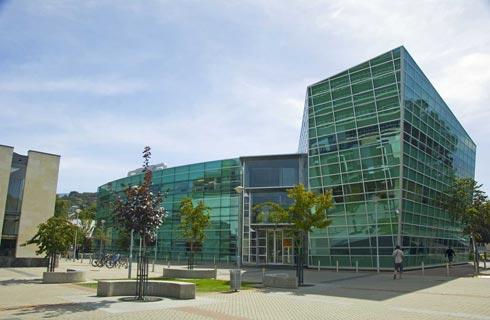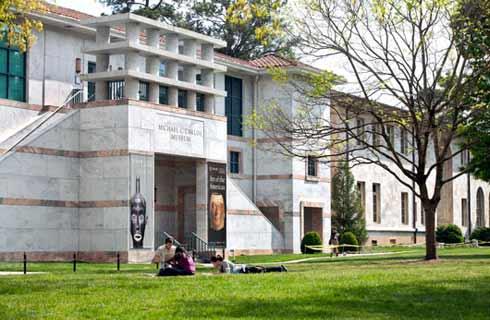Doctor of Philosophy in Toxicology

学历文凭
Ph.D.

专业院系
Department of Biomedical & Pharmaceutical Sciences

开学时间

课程时长

课程学费

国际学生入学条件
IDP—雅思考试联合主办方

雅思考试总分
6.0
- 雅思总分:6
- 托福网考总分:60
- 托福笔试总分:547
- 其他语言考试:Michigan English Test (MET) - 58
CRICOS代码:
申请截止日期: 请与IDP联系 以获取详细信息。
课程简介
相关申请
 预科
预科 奖学金
奖学金 实习机会
实习机会 在校学习
在校学习 跨境学习
跨境学习 校园授课-线上开始
校园授课-线上开始 在线/远程学习
在线/远程学习
开学时间&学费
学费信息仅供参考,请与IDP联系以获取详细信息
| 开学时间 | 时长 | 学费 | 地点 |
|---|
本校相关课程

Bachelor of Arts in Communicative Sciences and Disorders
学历文凭
Bachelor Degree
开学日期
课程费用总额


Bachelor of Science in Environmental Science and Sustainability - Resource Conservation
学历文凭
Bachelor Degree
开学日期
课程费用总额


Bachelor of Arts in Russian
学历文凭
Bachelor Degree
开学日期
课程费用总额


Bachelor of Arts Social Work
学历文凭
Bachelor Degree
开学日期
课程费用总额


Bachelor of Arts in Sociology - Criminology
学历文凭
Bachelor Degree
开学日期
课程费用总额


Bachelor of Arts in Spanish
学历文凭
Bachelor Degree
开学日期
课程费用总额

其他相关课程

荣誉生物医学毒理学学士学位
 多伦多大学
多伦多大学学历文凭
Bachelor Degree with Honours
开学日期
课程费用总额


毒理学哲学博士
 萨斯喀彻温大学
萨斯喀彻温大学学历文凭
Ph.D.
开学日期
课程费用总额


毒理学理学硕士
 萨斯喀彻温大学
萨斯喀彻温大学学历文凭
Masters Degree
开学日期
课程费用总额


毒理学理学士(荣誉学位)
 萨斯喀彻温大学
萨斯喀彻温大学学历文凭
Bachelor Degree with Honours
开学日期
课程费用总额


毒理学理学学士
 萨斯喀彻温大学
萨斯喀彻温大学学历文凭
Bachelor Degree
开学日期
课程费用总额


生物医学和分子科学理学硕士-治疗学
 女王大学
女王大学学历文凭
Masters Degree
开学日期
课程费用总额










 美国
美国
